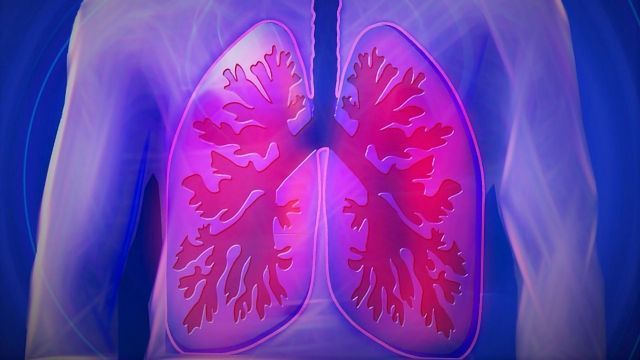Trending News
News

News
Stem Cell Treatment Reverses Demyelinating Disease
A stem cell transplant reversed a debilitating neurological disease that causes half of the patients to go blind and lose the ability to walk five years after diagnosis. Most of the patients stayed better five years after the transplant and were able to avoid drug treatment that cost up to $500,000 yearly, reports a new study.

News
Challenging Our Understanding of Premature Aging
In a new study, researchers have found that changes in the function of mitochondrial DNA can accelerate the aging process in ways that are different than previously thought.

News
PTSD Has Strong Genetic Component Like Other Psychiatric Disorders
In the largest and most diverse genetic study of PTSD to date, scientists from University of California San Diego School of Medicine and more than 130 additional institutions participating in the Psychiatric Genomics Consortium have found that PTSD has a strong genetic component similar to other psychiatric disorders.

News
Better Understanding Cancer by Mapping Normal Breast Development
In order to understand what goes wrong in cancer, researchers have used a "state-of-the-art" technology to profile each cell during normal development of breast tissue.

News
Secrets of Lung Cancer Spread Found in Patients' Blood and Biopsies
Early signs that a patient’s lung cancer may spread and become untreatable can be picked up in samples of their blood and tumour, according to a trio of papers published in Nature Medicine.

News
Molecule That Could Have Helped Cells Survive on Early Earth Identified
A new study, led by Ramanarayanan Krishnamurthy, PhD, of Scripps Research, and Sheref Mansy, PhD, of the University of Trento, offers an explanation for how “protocells” could have emerged on early Earth, eventually leading to the cells we know today.

News
Grabbing the Bull by the Horns – Or Not So, in This Case
For the first time, scientists publish study findings on cattle produced from a genome-edited bull. All calves born were hornless and genotypic and phenotypic analysis demonstrate that the calves were healthy.

News
“Express Courier Service” for DNA Delivery Expected to Boost Cancer Immunotherapy
Immunotherapy is a promising cancer treatment that uses genetically modified immune cells to fight cancer. However, the process known as transfection to generate genetically engineered immune cells in the laboratory has poor efficiency and may have serious side effects. Now, a research team has successfully invented a novel transfection method to deliver DNA into immune cells with minimal stress on these cells.

News
Thieving Cholera Bacterium Can Steal Up to 150 Genes in One Go
A research group has discovered the extent of DNA that V. cholerae can steal in a single attack: more than 150,000 nucleic acid base pairs, or roughly 150 genes in one go (the cholera bacterium carries around 4,000 genes in total). The researchers calculated this number by sequencing the entire genome of almost 400 V. cholerae strains before and after stealing DNA from their neighboring bacteria.

News
2019 Nobel Prize in Physiology or Medicine Announced
The 2019 Nobel Prize in Physiology or Medicine has been jointly awarded to William G. Kaelin, Jr., Sir Peter J. Ratcliffe and Gregg L. Semenza for their discoveries of “how cells sense and adapt to oxygen availability.”
Advertisement




